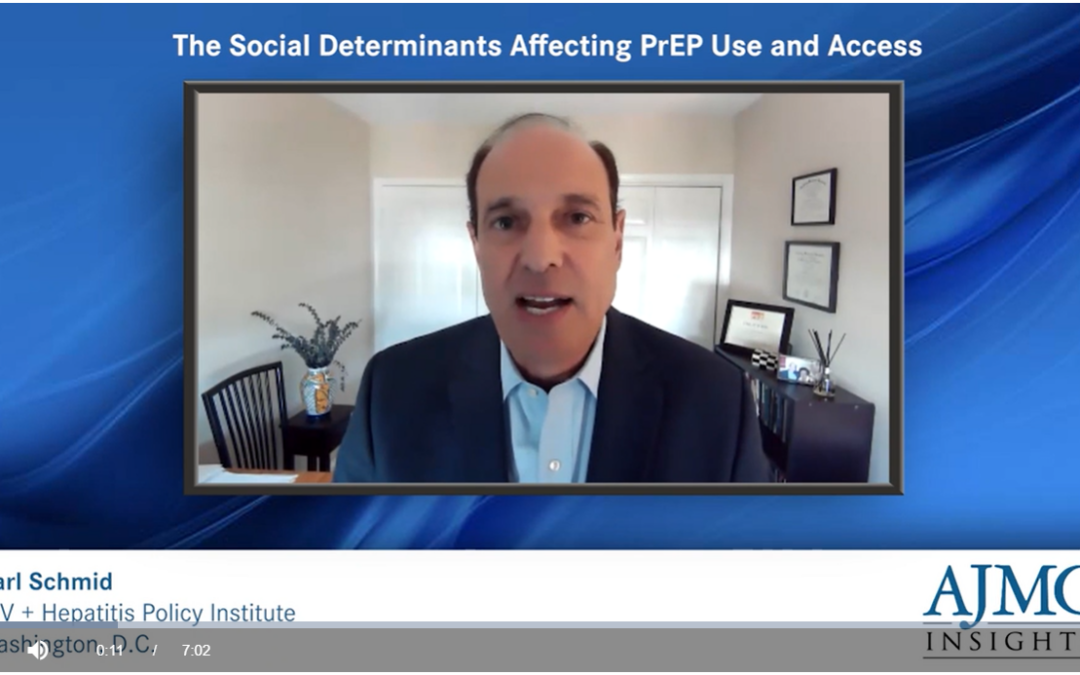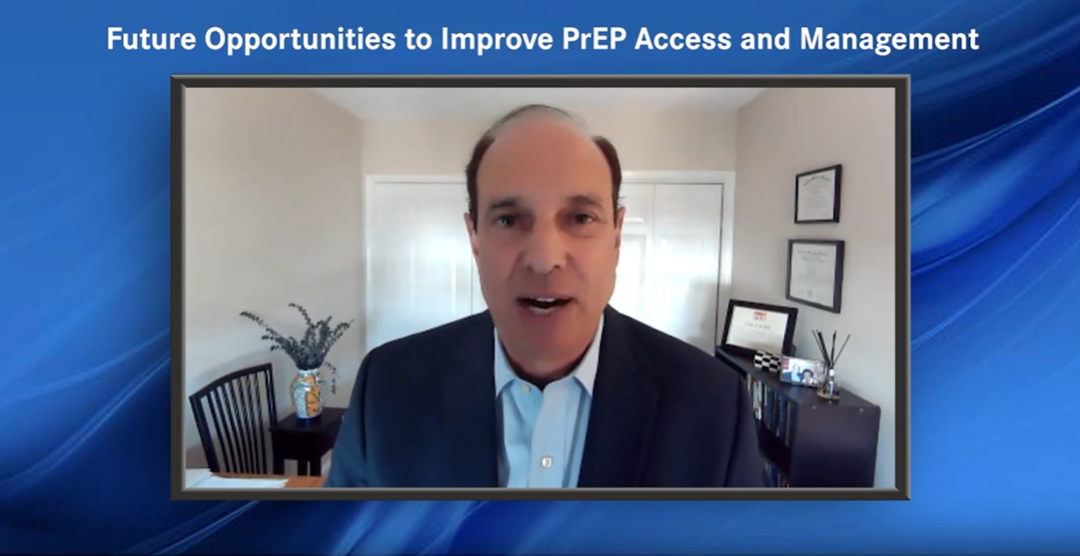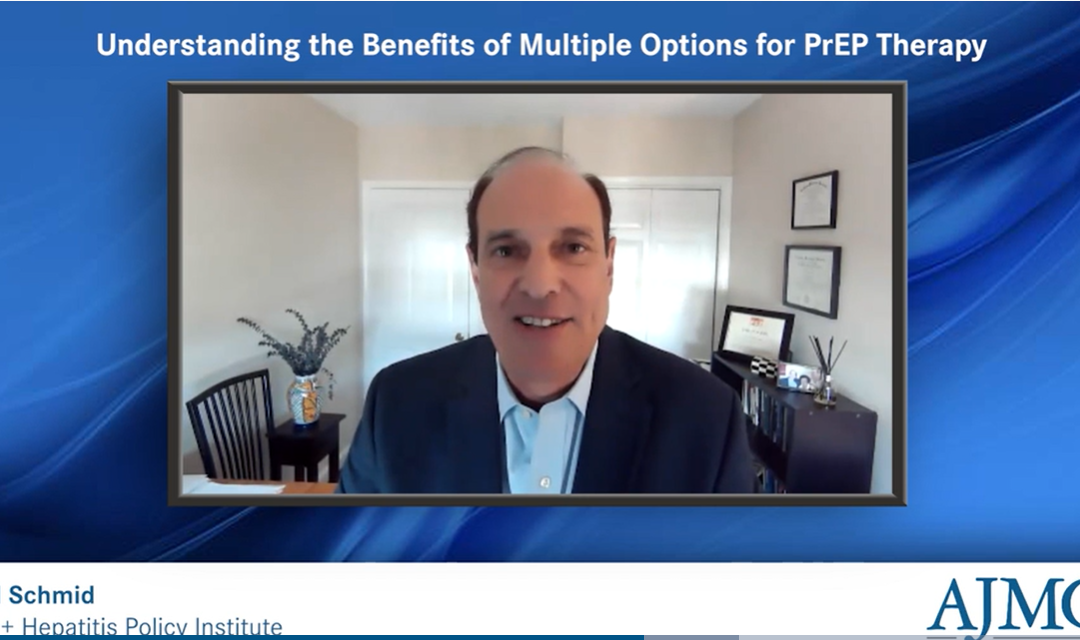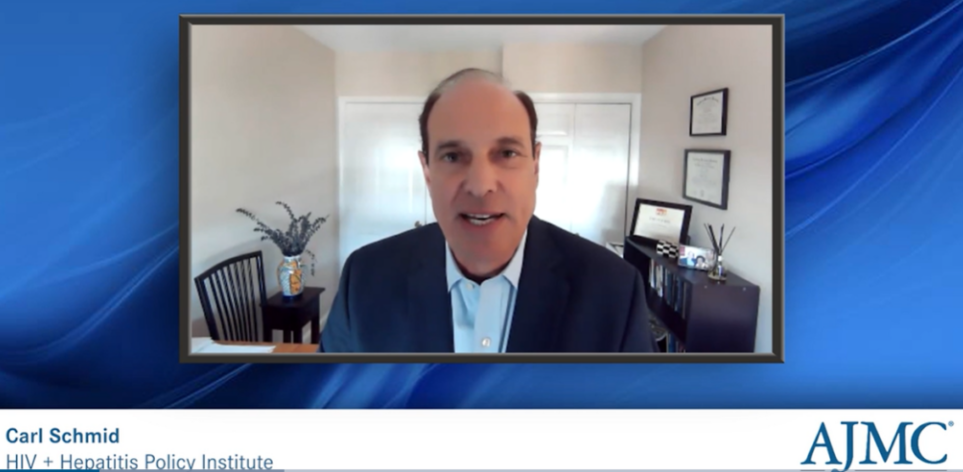Carl Schmid speaks with “Houston Matters” radio, along with a San Antonio, Texas PrEP client, about private insurers continuing to charge cost-sharing for PrEP and associated services and its impact on PrEP uptake.


Carl Schmid speaks with “Houston Matters” radio, along with a San Antonio, Texas PrEP client, about private insurers continuing to charge cost-sharing for PrEP and associated services and its impact on PrEP uptake.

Carl Schmid and Dr. Milgram discusses the disparities in education and access to PrEP in the patient populations that need these medications the most.

Carl Schmid and Lynne H. Milgram, MD, MBA, CPE, share ideas that can provide more substantial access to PrEP and battle unmet needs in PrEP management.

Carl Schmid: It’s important to have different types of PrEP. Up until now, it’s been a daily pill, which may be sufficient for some people, but people may not want to take a pill for a disease that they don’t have. People may forget taking a pill every day. They may not adhere to the prescribed course. It is important to have long-acting medications, and people don’t have to think about taking a drug every day. It could help with adherence, and the studies show that it’s superior. What is it all about? What is the purpose of PrEP to prevent HIV? These FDA studies show that the long-acting [PrEP] is superior. There are fewer infections.

Frank J. Palella Jr, MD, and Carl Schmid continue the discussion of patient selection for long-acting injectable PrEP and its cost effectiveness in comparison with other PrEP modalities.